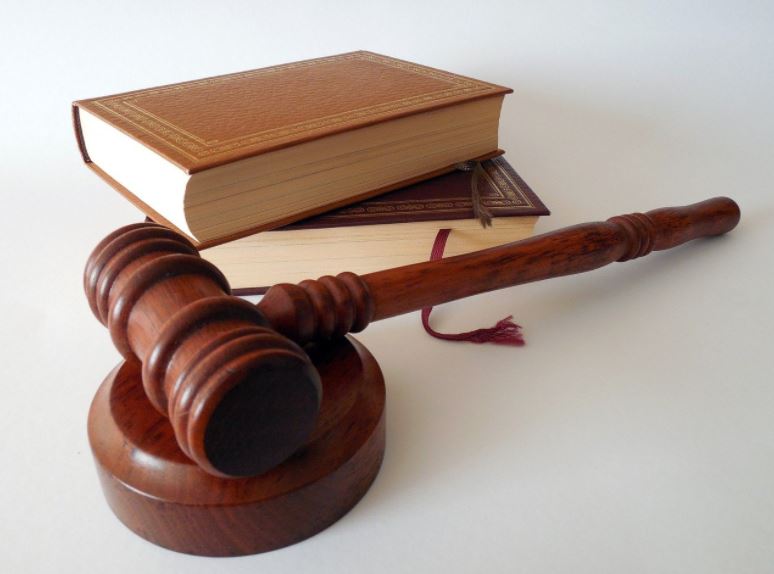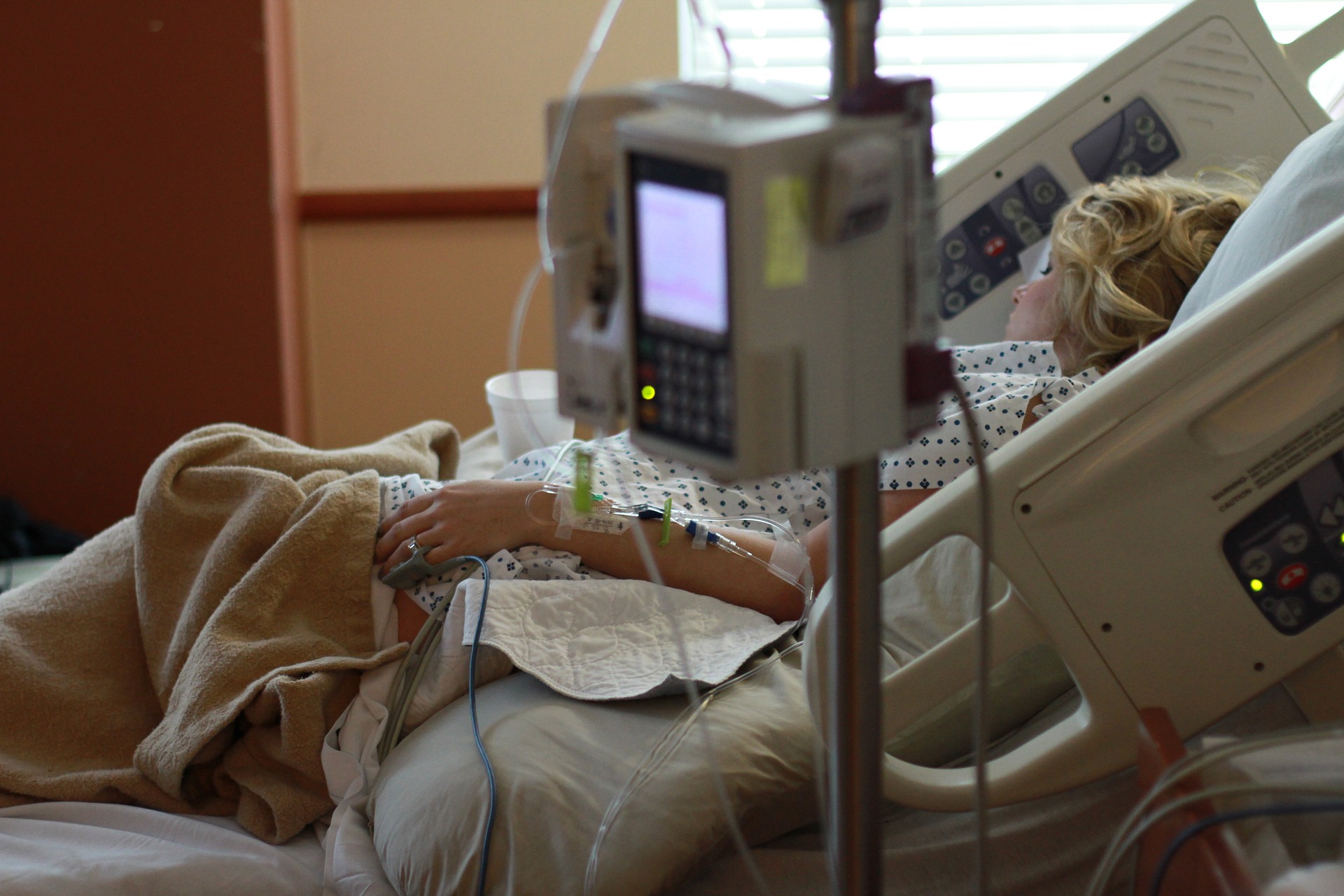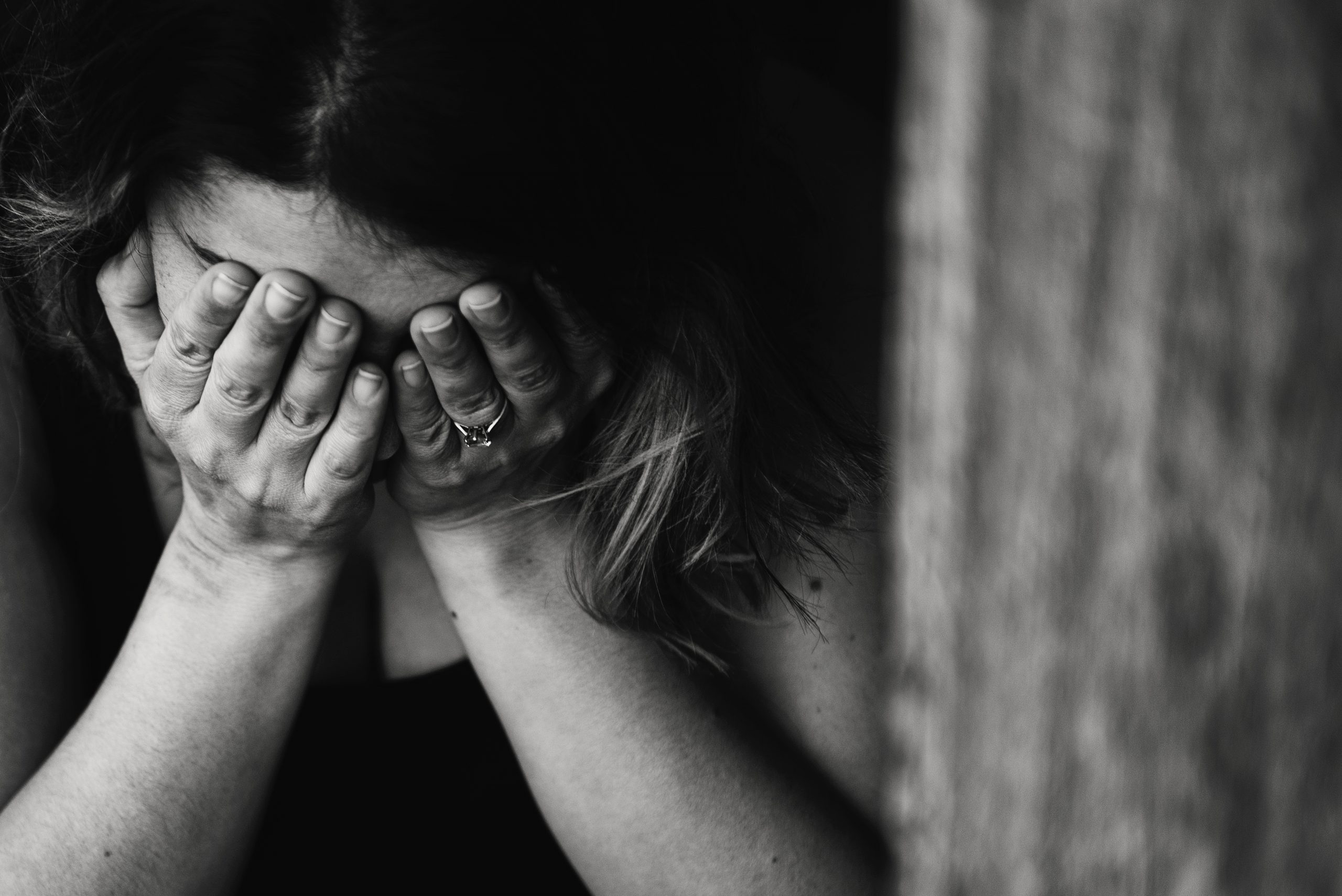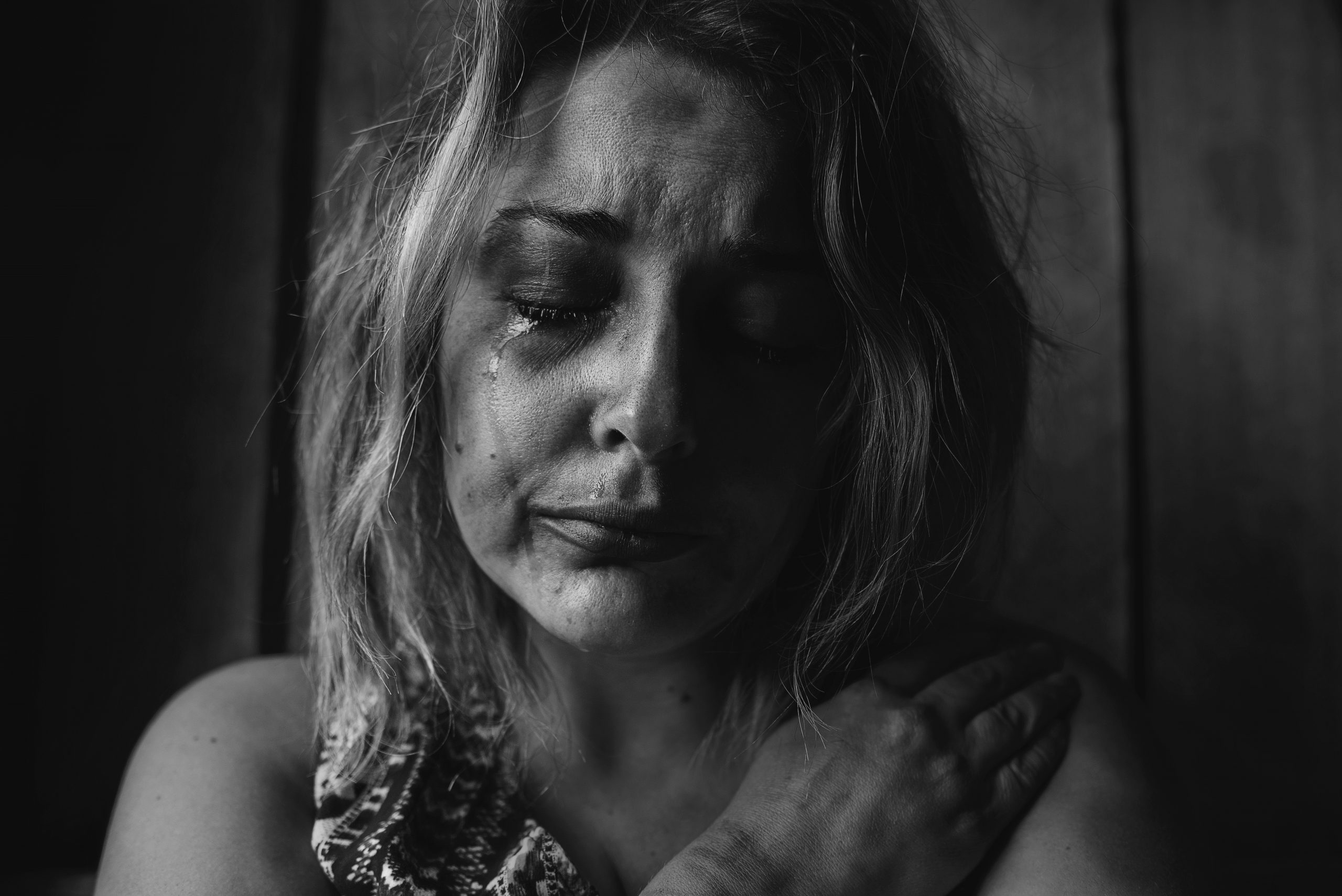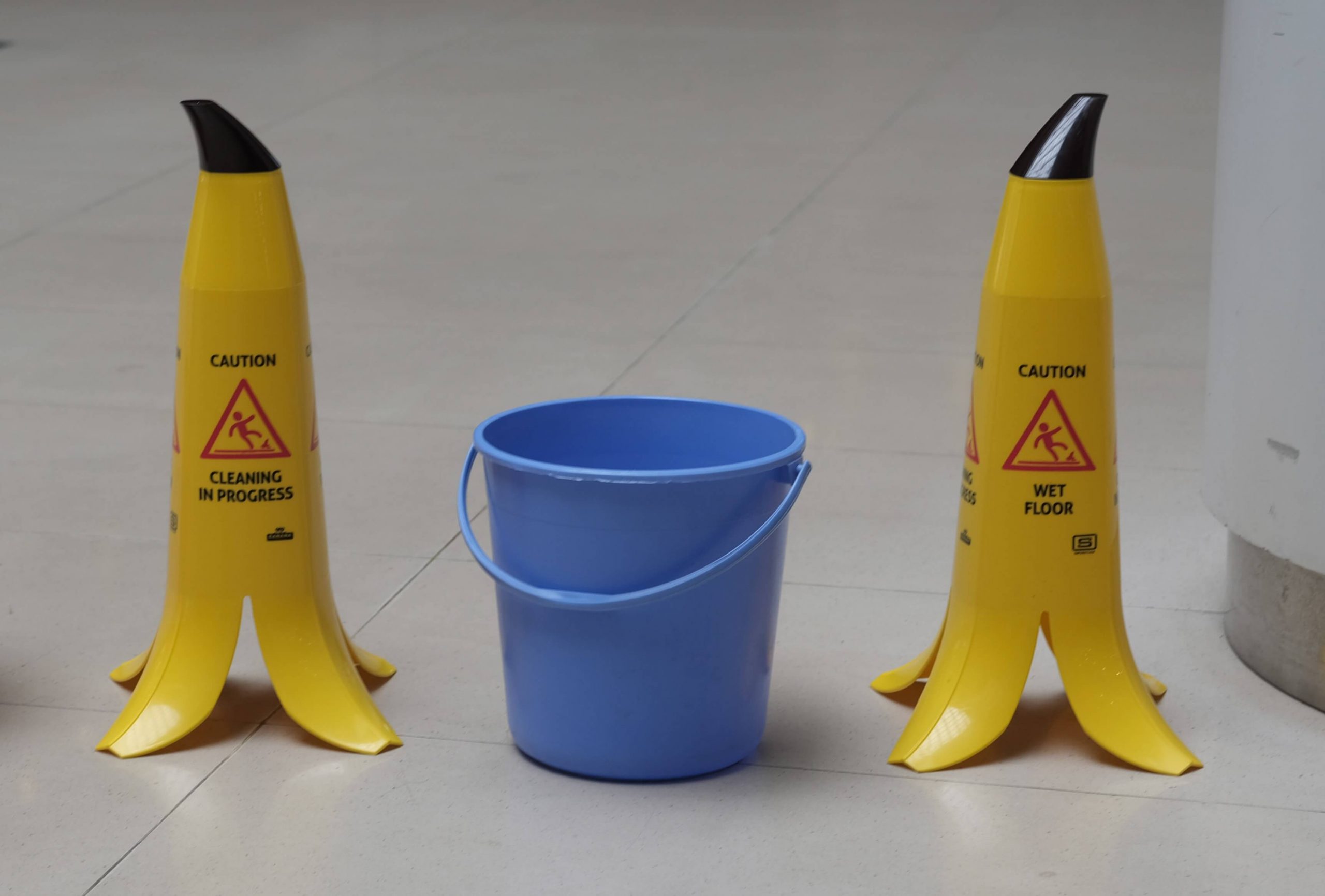It can be easy to confuse negligence with premises liability, but under Florida law, the short answer to whether negligence is the same as premises liability is no.
The two types of claims are similar, however. If you suffer an injury, you will have to determine what kind of claim to bring for your damages in consultation with your lawyers. The cause and context of your injury determines the sort of claim you can make.
In personal injury cases, two of the most common claims are negligence and premises liability claims, where premises liability can be a form of negligence, but premises liability is not always the consequence of negligence.
Negligence Claims
Negligence is defined under Florida law as the failure to exercise reasonable care. Reasonable care is what is expected of an individual to minimize the risk of harming another person under normal circumstances. In other words, a defendant can either be held liable for doing something that someone exercising reasonable care wouldn’t do under normal circumstances or for neglecting to exercise the reasonable care expected.
The factors contributing to legal action for negligence in Florida are:
Legal duty of reasonable care
The defendant violates or fails to uphold the legal standard of reasonable care that would ensure the safe-being of others.
Causative Proof
A reasonable causation must be established between the defendant’s failure to uphold the legal standard of reasonable care and a proven loss or damage sustained by the plaintiff.
To prove fault concerning a property owner, you must provide evidence that the property owner’s negligence caused your injuries or damage.

Premise Liability Claims
A premise liability claim is a lawsuit brought when an individual sustains injuries on another person’s premises or property. Property owners are legally responsible for the state and conditions of their property on both commercial and residential properties, rendering them legally accountable for these. They are compelled to conduct routine inspections to identify potentially hazardous conditions and must adequately warn visitors to the property of any harmful situations.
If it’s determined that someone was injured due to a property owner’s negligence, the latter can be held accountable for the damages. The plaintiff is responsible for proving that the property owner’s negligence caused their injuries to receive damages. The most common premise liability cases involve slip and falls, theft, electrocution, chemical exposure, assault, and dog attacks.
There are also different regulations for various types of properties and contexts. For example, businesses and schools in Florida have the duty to provide adequate safety for their visitors. Florida’s premises liability laws also address a negligent security sector, which refers to cases involving violent crime, such as assault, battery, robbery, or rape.
If you are the plaintiff, you must prove that:
You were injured on the premises
The property owner (the defendant) had the duty of due care
The property was subject to hazardous conditions that the owner failed to ameliorate
The property owner failed to provide adequate warning of the danger
The property owner was aware of the hazardous conditions or danger
The property owner had a sufficient amount of time to address the danger
The negligence was a direct cause of your injuries
In Florida, you must prove that the property owner was aware of the hazard and neglected to address it, and the situation existed for a period in which the property owner had sufficient time to fix the problem. You may also prove that the hazardous condition was recurrent and, therefore, injury or damage was predictable and preventable.
Distinctions Between General Negligence and Premises Liability
If you have suffered a severe personal injury, you must consult a knowledgeable premises liability attorney because technical distinctions between general negligence and premises liability can complicate your claim.
For example, according to Florida Statute 768.0755 (2020), liability claims such as slip and falls in a commercial establishment must meet a higher standard of proof. Where premises liability claims require the property owner to protect others and eliminate the risk of harm in an adequate period, general negligence comprises activity where the owner did adhere to the standard of conduct that a reasonably careful person would, but where a breach occurred anyway.
Distinguishing between the two can become more complex depending on the type of property and what the claimant was doing on the property, such as trespassing. The state of Florida exercises comparative negligence, which means the law takes into consideration whether the plaintiff is partly at fault for their injury, in which case damages will be reduced by the percentage of responsibility. This does not, however, prevent the plaintiff from seeking damages entirely.
It is vital to consult with an experienced premises liability attorney who can help you navigate the technicalities of your case if you sustained injuries on someone else’s property.
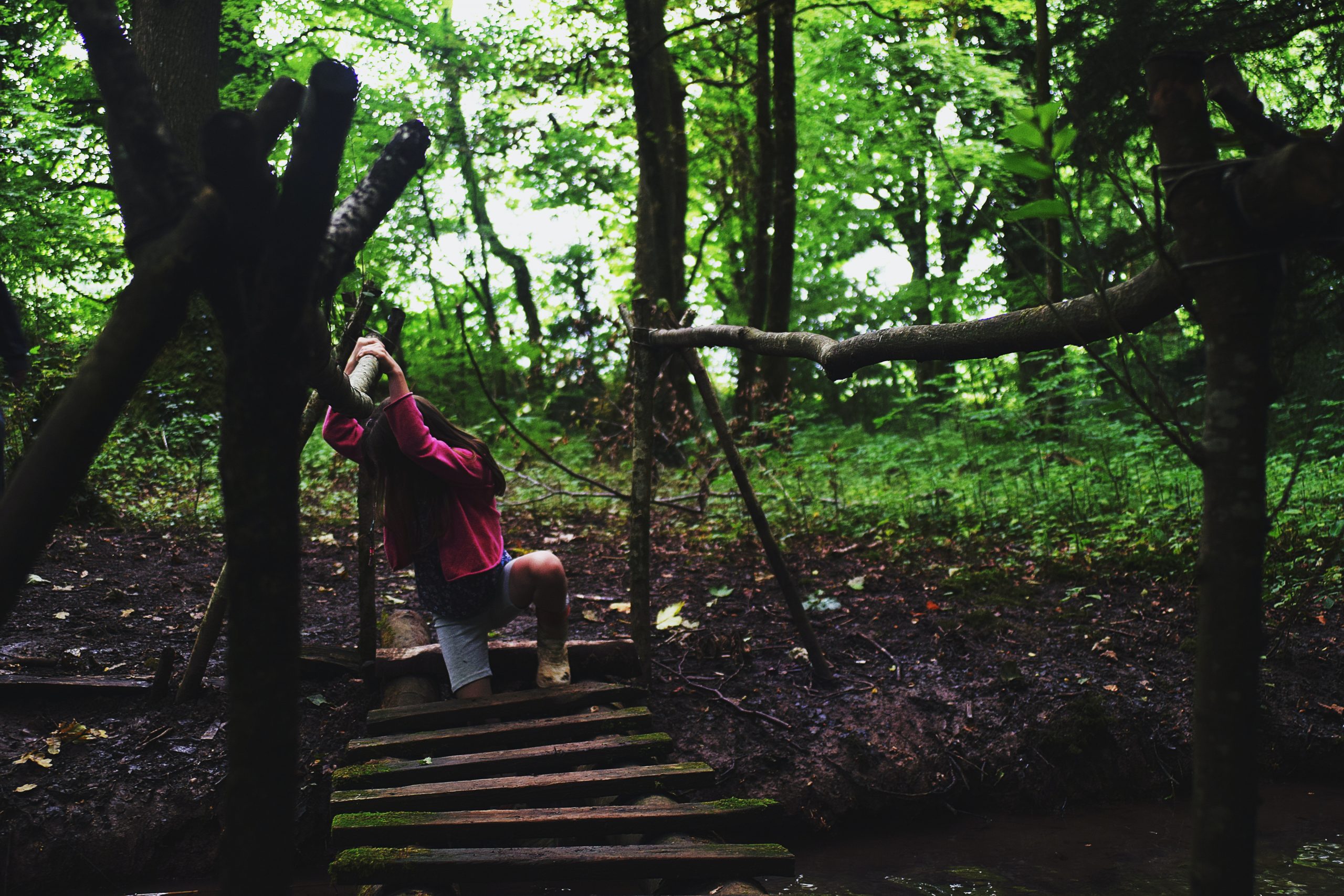
Contact Our Law Firm for a Free Consultation
The statute of limitations in a premises liability case in Florida is four years. This may seem like a long time, but if you are injured on someone else’s property and you believe the injury was caused by negligence, you should still seek legal counsel at your earliest convenience. Time can expire quickly, mainly if you or a loved one require time to heal from the injury. Note that if you are filing a wrongful death lawsuit, the statute of limitations is only two years from the date of the individual’s death.
JD Injury Law is a knowledgeable, experienced premises liability attorney who can guide you through the claims process and guarantee you your best chance to win the case.
If you believe you incurred a personal injury due to a property owner’s negligence, contact JD Injury Law, to schedule a no-obligation, free consultation today. Jesse Davidson has more than a decade of experience in premises liability law and will review your case to determine who is responsible for your injuries. Rest assured that Jesse will fight for your rights and assist you in seeking maximum compensation for your injuries.

